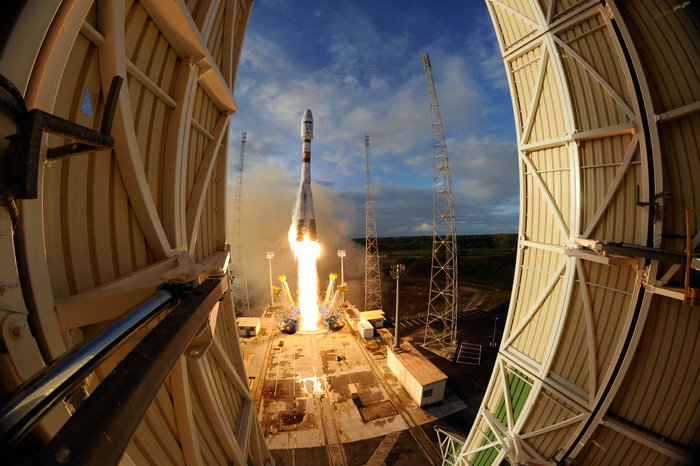 |
| Image source: Here |
Since I started Mind-ful, this blog has brought me new and exciting opportunities, and the latest one is taking me to the European Space Agency in Paris.
(I won't be going into space, but I will be doing something incredibly exciting.)
In July I will be giving a talk at
the Parisian headquarters to take part in their lunchtime lecture series, Beyond Space. The lectures aim
to open up the world of the staff at the ESA to ideas further than their everyday world, and my
talk will be focused on looking at the barriers which hold women back in STEM.
It is fantastic that an
organisation like the European Space Agency wants to engage its staff with the
issues that face women in STEM, as there are around 2,200 staff at the European
Space Agency who work in areas of science, engineering and information
technology. All of these industries have an issue with underrepresentation of women,
and therefore it is vital that these issues are talked about.
Let’s look at the statistics:
- Women make up just 12.8% of the STEM workforce, and their representation has only increased by 0.2% in the last four years.
- Women make up just 13% of physics faculty members and earn up to 20% of physics bachelor’s degrees.
- Women make up 9% of the engineering workforce and only 6% of registered engineers and technicians are women.
- Women make up just 15% of the astronomers worldwide.
These figures need to be processed in several different ways. We first need to value that these statistics reflect social issues in society that are holding back women and preventing them from entering these industries. But we also need to appreciate what impact these figures have on science itself.
If we ignore the social aspects of inequality (for just a moment) and simply look at the effects that inequality has on the economics and quality of science, it becomes apparent that holding back women in the industry, holds back the industry itself.
Women are significantly more likely to be employed below their skill set, and therefore we have an untapped resource of talent. It is thought that if we actually started harnessing women to their full potential, the UK could generate £23 billion. This phenomena also applies to science, imagine if all the women who were employed below their skill set in STEM were allowed to reach their full potential?
Inequality also greatly impacts on scientific research itself. Research has shown that if you simply increase the diversity of your workforce, you will create better scientific research as you are bringing more perspectives to solve the same problem.
Therefore is it fantastic that the European Space Agency is including a talk about women in STEM in their Beyond Space lecture series. Not only does addressing these issues raise awareness for them, but it could have a wider effect on the way we value how social structures interact with the quality of scientific research and how they impact on the economic future of science.

No comments:
Post a Comment